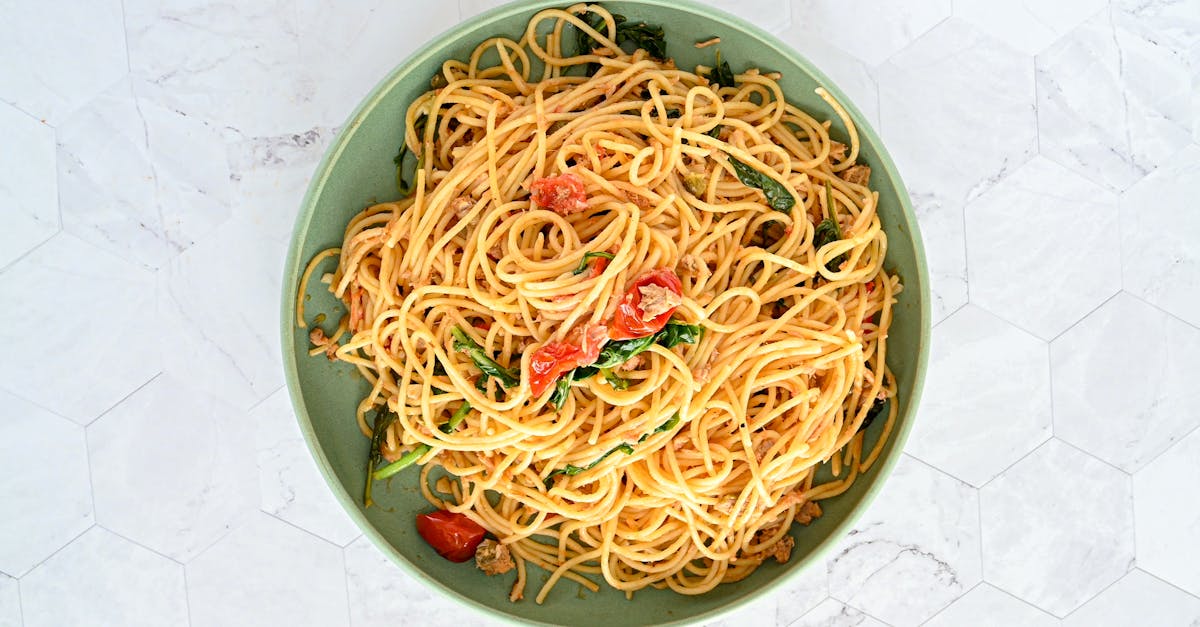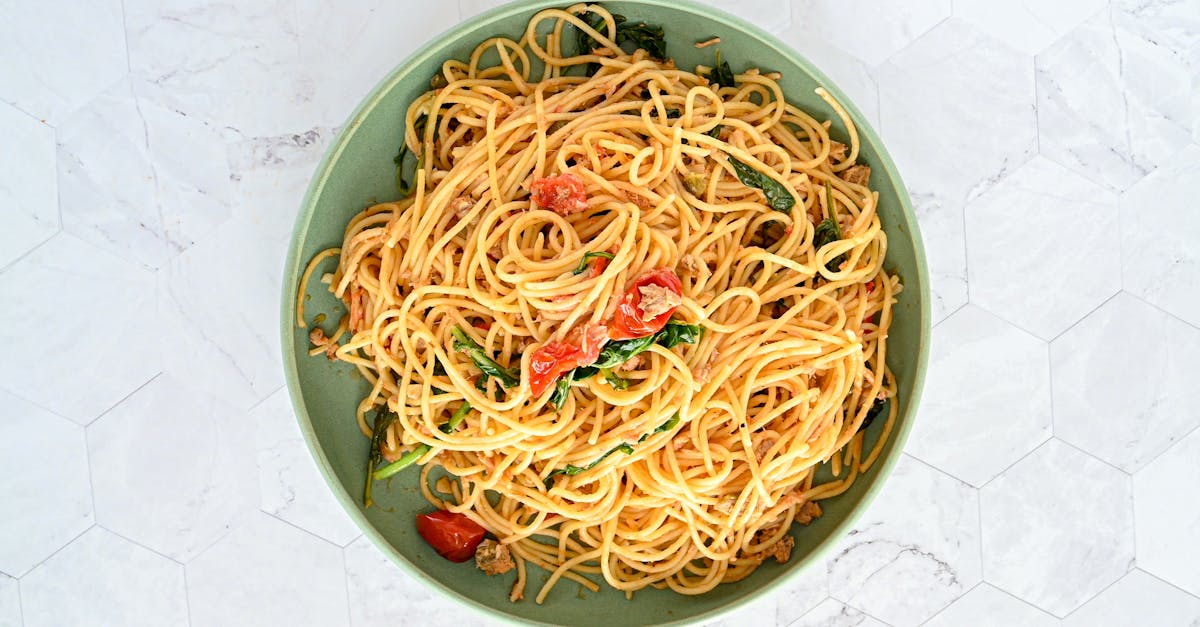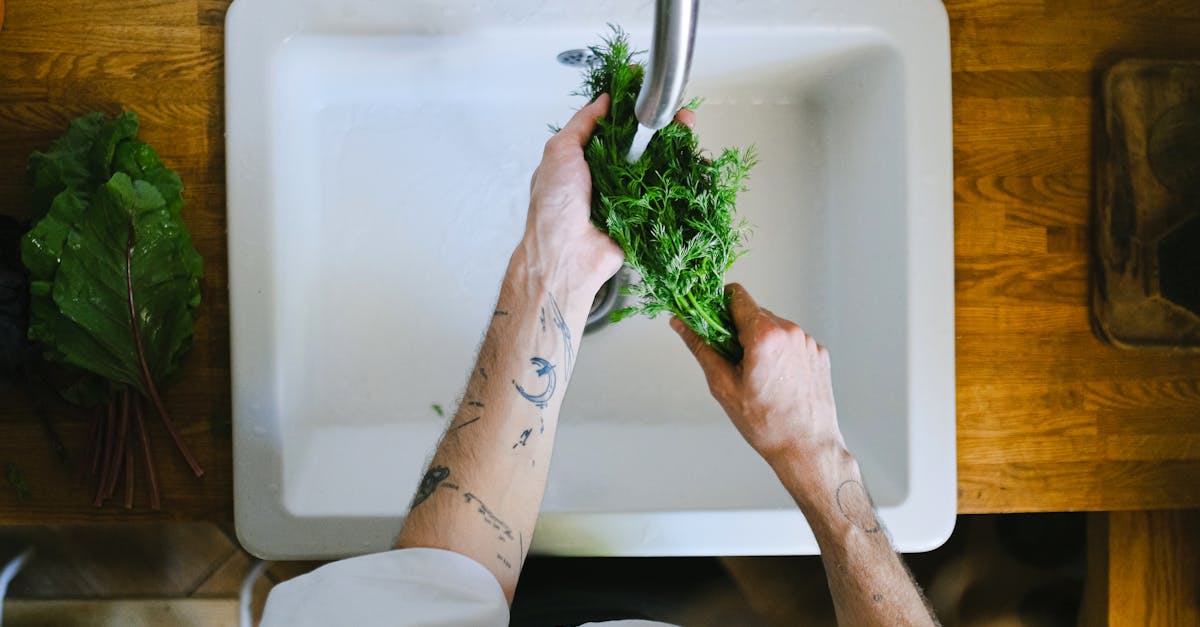Essential Spices Every Cook Should Own
Introduction
In the world of culinary arts, spices are the hidden gems that transform simple dishes into delightful masterpieces. Every culture worldwide has its own cherished spice blend, underscoring the universal importance of these flavorful elements. Whether you're an occasional cook or a kitchen enthusiast, understanding essential spices can elevate your cooking game.
Advertisement
Black Pepper: The Timeless Classic
Often dubbed the "king of spices," black pepper graces almost every kitchen. Its sharp, pungent flavor enhances both the aroma and taste of countless dishes. Ground peppercorns can be sprinkled over salads, soups, meats, and vegetables, offering a subtle heat that complements various flavors.
Advertisement
Cumin: Earthy and Nutty
Cumin seeds, either whole or ground, add a warm, earthy note to many cuisines, particularly Indian and Middle Eastern dishes. It works wonders in stews, curries, and even roasted vegetables. Toasting whole cumin seeds brings out their nutty aroma, making them more flavorful in any dish.
Advertisement
Turmeric: The Golden Spice
This vibrant yellow spice is not only a coloring agent but also a health powerhouse with anti-inflammatory properties. Predominantly used in Indian cooking, turmeric adds depth to curries, rice dishes, and even smoothies. A little goes a long way with this potent spice, known for its unique, slightly bitter taste.
Advertisement
Cinnamon: Sweet and Spicy
Cinnamon is versatile, finding its place in both sweet and savory recipes. Its aromatic sweetness enhances dishes like apple pies, cinnamon rolls, and spiced beverages. Ground cinnamon can be sprinkled over oatmeal or mixed into curries and stews for an unexpected depth of flavor.
Advertisement
Paprika: Sweet, Smoked, and Hot
Paprika comes in various flavors—sweet, smoked, and hot—each offering its own charm. This bright red spice evokes warmth and vibrancy in dishes such as goulash, roasted potatoes, and Mexican salsas. Each variety can elevate the flavor profile of a dish, making it a versatile staple.
Advertisement
Ginger: Fresh and Aromatic
Ginger is celebrated for its zesty, peppery flavor and aromatic fragrance. Fresh or ground ginger can be added to stir-fries, marinades, cookies, and teas. This spice is also valued for its health benefits, particularly for aiding digestion and reducing nausea.
Advertisement
Garlic Powder: A Staple Ingredient
While fresh garlic is undoubtedly a kitchen favorite, garlic powder provides a convenient and concentrated flavor. A sprinkle of this staple can enhance pasta sauces, soups, salads, and bread. Its robust, mellow flavor works well when fresh garlic requires a subtler touch.
Advertisement
Oregano: The Mediterranean Herb
Though technically an herb, oregano deserves mention for its essential role in Mediterranean cuisine. Fresh or dried, its savory, slightly bitter notes elevate pizzas, pasta sauces, and roasted meats. Its strong flavor pairs well with vibrant Mediterranean ingredients like tomatoes and olives.
Advertisement
Conclusion
Spices play an instrumental role in making meals deliciously diverse and deeply satisfying. By stocking your kitchen with these essential spices, you're not merely flavoring your food but also embracing cultures and centuries of culinary wisdom. So, explore the world of spices and redefine your cooking experience.
Advertisement


